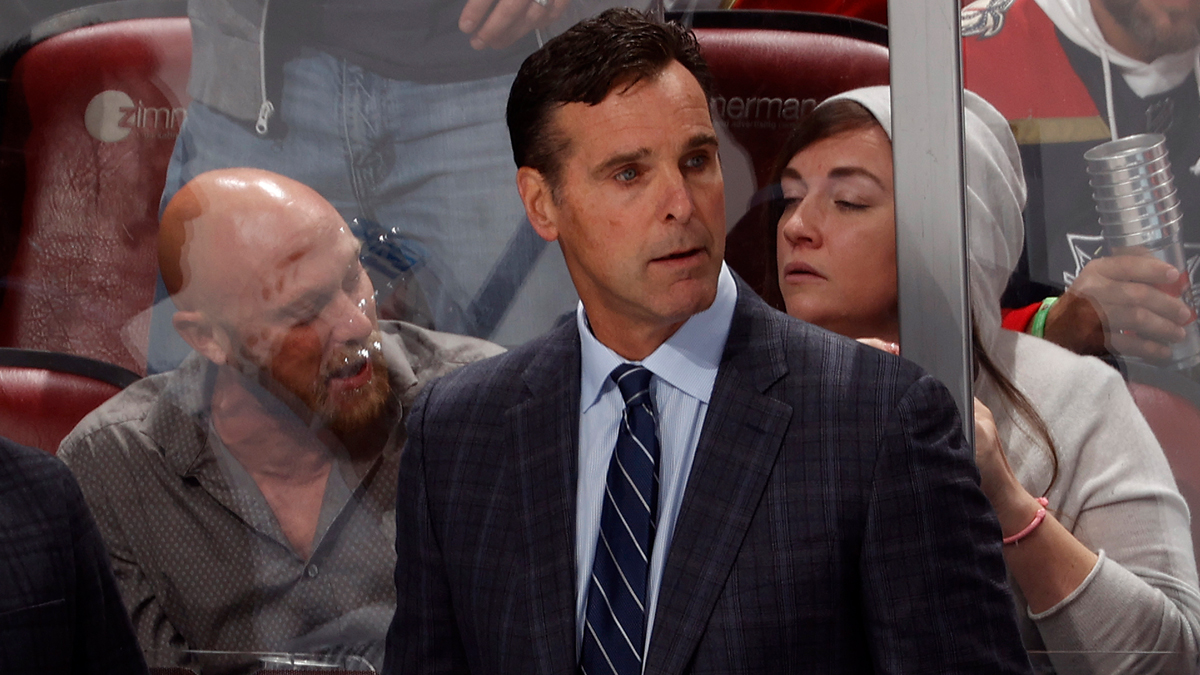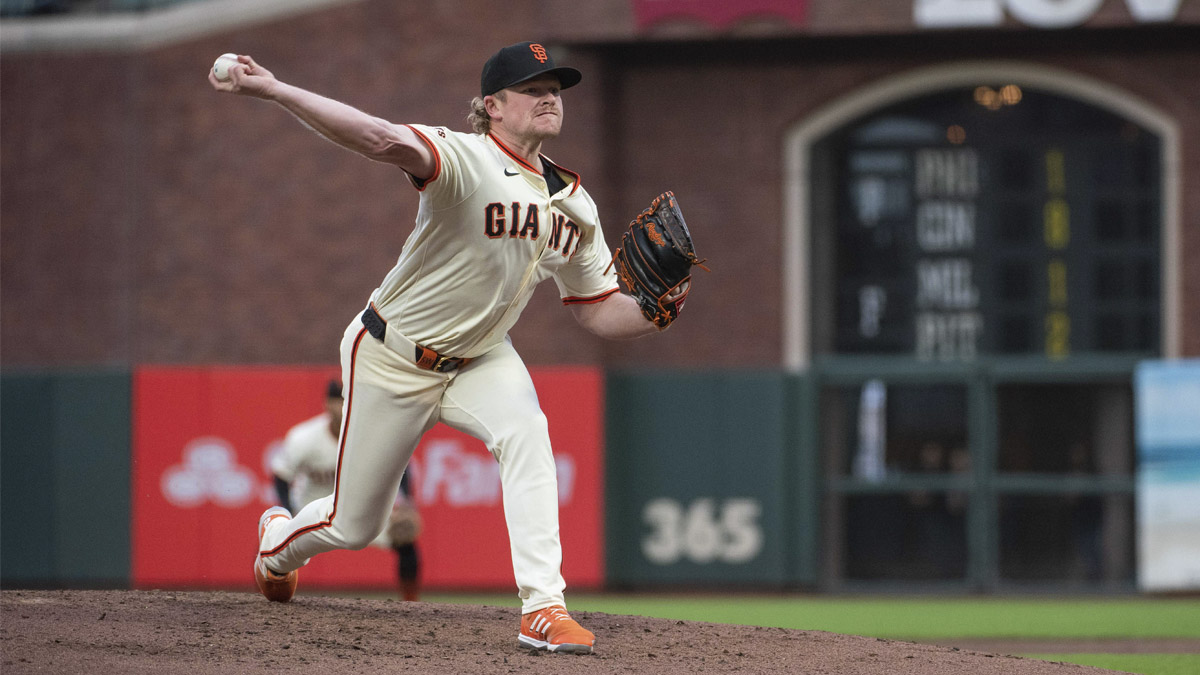Sacramento Kings general manager Vlade Divac declared he had a better offer for DeMarcus Cousins two days before he took the New Orleans Pelicans offer, which means that this is not the worst trade in the history of the franchise.
It is, however, the one that best explains the history of the franchise.
The cavalcade of Kingsiana, from their halcyon days in Rochester to their fringes-of-good years in Cincinnati to their mostly thin years in Kansas City and Omaha down to the desiccated decades in Sactown, is summed by this – Boogie Cousins, a disputatious star traded for less than he was worth and for less than they could have gotten a couple of days before.
[RELATED: Report: Vivek Ranadive thinks Buddy Hield has Steph Curry potential]
And in its wake, a battered marketplace turns on itself yet again to rage against the amorphous blob of a team they horship and loathe in alternate moments. The fans are left to argue among themselves whether Cousins is better or worse than no Cousins, and whether the reward for no Cousins was sufficient.
Now they know, from their general maanger's mouth. It wasn't. Yay Kings!
Sports
The pro-Boogie and anti-Boogie factions break down along simple party lines. The anti-Boogies explain that Cousins was a volatile, ball-hogging non-leader who also was an easily distracted rage-a-holic who never made the Kings better than they were, and that any trade that removed him (and to a lesser extent the freshly waived Matt Barnes) could only help team and organizational chemistry.
But the pro-Boogie folks, while acknowledging his manifest faults, point out one thing the anti-Boogie folks cannot refute, namely:
There is no guarantee that this front office would take whatever bounty it received in a Cousins trade and not turn it into yet another colossal mess along the lines of everything they have ever done in the years bracketing the Rick Adelman Era.
And yes, this predates the Vivek Ranadive Era, although his unhealthy obsession with the Warriors has tinged his decision-making to the point in which he said that Buddy Hield has "Stephen Curry potential."
Hey, thanks for that one, boss. You want to make Tyreke Evans Michael Jordan, or the second-round pick the reincarnation of Wilt Chamberlain? Or maybe just cut to the chase and say, "I am now going to make Buddy Hield's future a horror show of unmet/unjustified/unrequested expectations?"
[RELATED: Isaiah Thomas' reaction to DeMarcus Cousins trade includes an 'LOL']
The point here is that Ranadive isn't all that undermines the monarchy, but he is the first truly megawealthy Kings owner to maintain the low standards that have dogged the franchise since the early 1950s. The rest of the time, they could plead short-walleted owners, unresponsive audiences or miscellaneous meatheadery. Now, they have plenty of money, an avid fan base and . . . well, two out of three keeps you out of the playoffs if the third one isn't solved.
Besides, while this trade will be marked as one that was meant to get DeMarcus Cousins out of town, the enduring problem is still right there. The Kings do things like this because they are the Kings, in the same way that the Warriors used to do stupid things because they were the Warriors. In that way, Ranadive has achieved his aim to be more Warrior than the Warriors. He just got the timeline horribly wrong.
And now we have this deal, which cannot be explained except by invoking two essentially untenable concepts – getting rid of your best player just because he is a monumental irritant and leaving the mechanism that makes deals like this necessary (a record held by many), and the idea that making yourself worse now is just making yourself better eventually (now known as the Hinkie Paradox).
Teams that have to tank almost always put themselves in that position because they are poorly run. People point to the San Antonio Spurs' one year of suck before the Tim Duncan draft in 1997, but the Spurs' history has almost exclusively a parade of winning teams going back to the NBA-ABA merger in 1976.
The Kings? They've had 11 winning seasons in that time, and every choice that confronts them now almost guarantees failure. That is the Ranadive Paradox.
The Cousins deal is endemic of who the Kings are, what they are, and what they have almost always been. It is, to strain the analogy, a bit like the Oscar Robertson deal in 1970, when the best player in franchise history raged against years of failure and his own coach, Bob Cousy, and was moved to Milwaukee for the talent haul of Flynn Robinson and Charlie Paulk. Robertson landed with Kareem Abdul-Jabbar, won one NBA title and two division titles in the collaboration and ended his career far more cheerily than at any time in Cincinnati.
Nobody thinks the Pelicans are similarly positioned, although comparing Abdul-Jabbar and Anthony Davis is comparing generational with brilliant. But most folks agree that the Kings dealt their best player from a position of profound and ongoing weakness that they have built for themselves, didn't get what they could have but are almost certain to get what they deserve.
Again.



